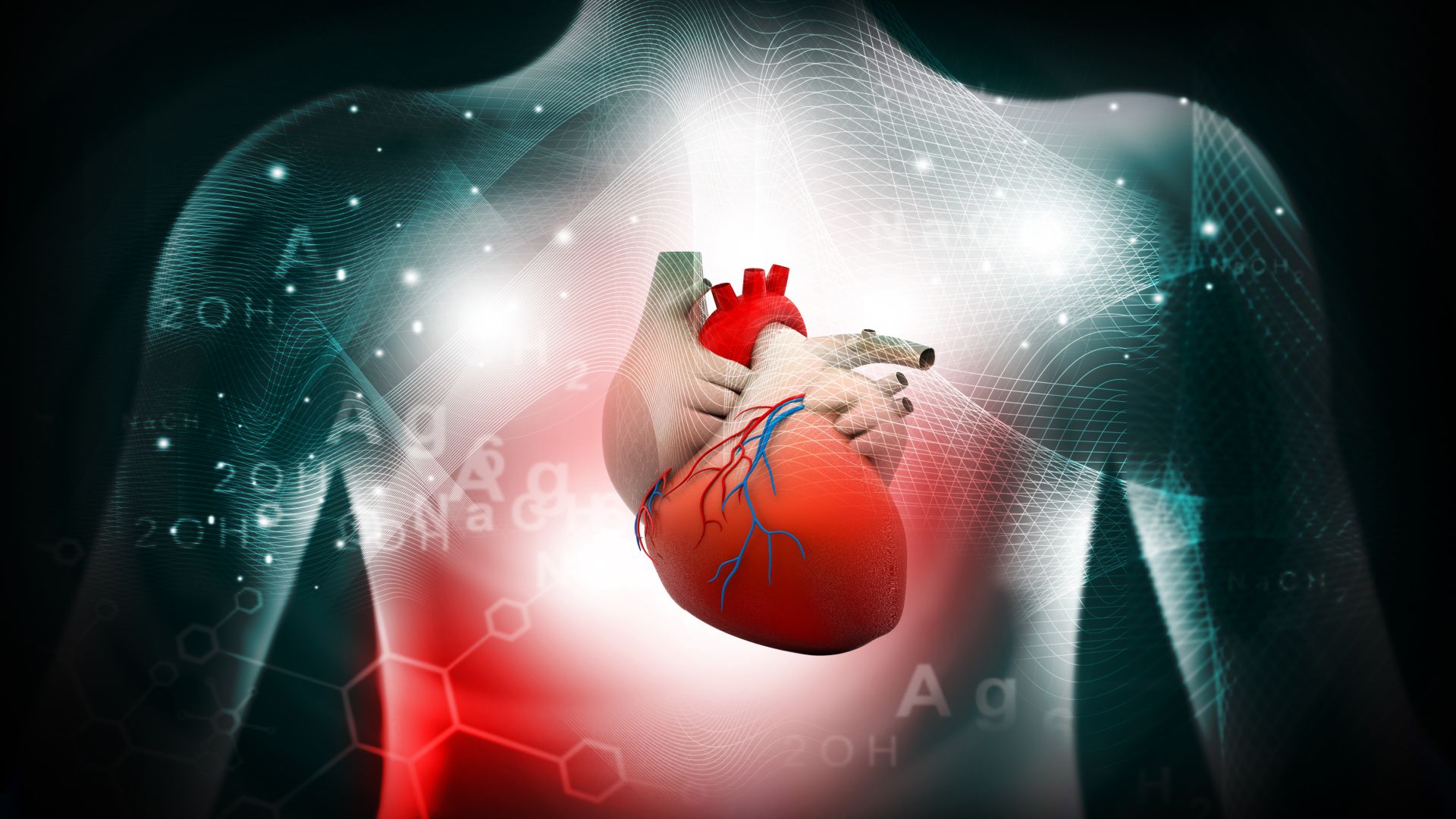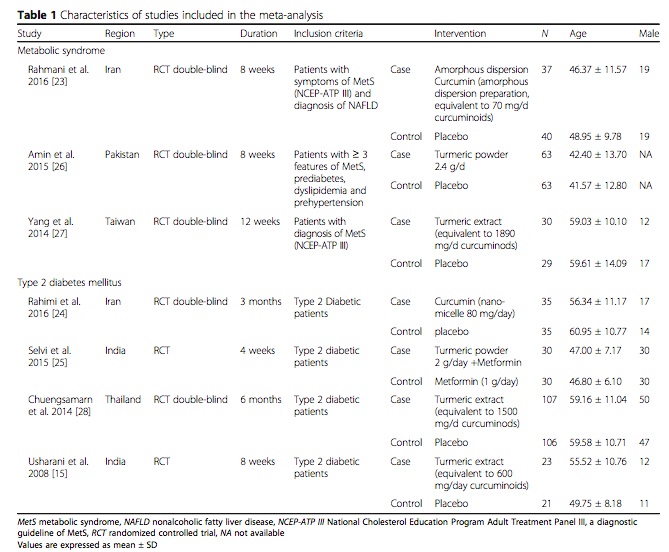
Authors: Si Qi, Lifan Huang, JIaojiao Gong, ShashaShen, Juan Huang, Hong Ren, Huaidong Hu
Introduction
According to the World Health Organization (WHO), cardiovascular diseases or CVDs are the number 1 cause of death globally, with more people dying annually from such diseases than from any other cause. In 2016 alone, approximately 18 million deaths were attributed to CVDs, with 85% of such deaths due to heart attack and stroke2.
The National Institutes of Health (NIH) uses CVD as a general term for all types of diseases that affect the heart and/or blood vessels. These include congenital heart defect, peripheral artery disease (PAD), and coronary artery disease (CAD) causing heart attacks and stroke.
Major CVD risk factors include age, gender, obesity, hypertension, type 2 diabetes mellitus, metabolic syndrome, and dyslipidemia. All of which promote endothelial dysfunction and vascular inflammation leading to atherosclerosis, the main cause of CVD.
Dyslipidemia is a disorder of lipid metabolism, including lipoprotein overproduction or deficiency. This disorder may manifest as elevated total cholesterol, elevated low-density lipoprotein (LDL) and triglyceride (TG) levels or low levels of high-density lipoporotein (HDL)3.
Studies show that low circulating concentrations of lipids, specifically LDL and TGs, were associated with low risk of CVD, making the treatment of dyslipidemia critical in the prevention of cardiovascular illness. Currently, there are lipid-lowering agents known as statins used to address dyslipidemia although most have been associated with adverse effects such as myopathies and hepatotoxicity4.
To help lower lipid levels without the unwanted side effects from statins, efforts toward developing natural agents as alternatives such as turmeric and curcumin are now being studied. Through studies and years of research, these agents have demonstrated health and medicinal benefits.
Turmeric and curcumin possess anti-inflammatory and antioxidant properties which help address illnesses such as arthritis5 and cancer, improve brain function, stabilize mood and delay aging6. One well-studied health benefit of turmeric is its ability to lower the risk of CVD by addressing dyslipidemia.
Turmeric or Curcuma longa is an Indian spice with a yellow pigment that is often used as a food additive. Curcumin, the active component of turmeric, has demonstrated protective properties against chronic diseases such as cancer, pulmonary, and autoimmune diseases. Because of its ability to combat oxidative stress, it plays a significant role in lowering blood lipid levels along with other processes that affect lipid metabolism.
Relevance
Cardiovascular disease is currently the leading cause of mortality worldwide. Because of the promising effects of turmeric and its active component curcumin on lowering lipid levels, an analysis of clinical trials assessing the efficacy and safety of this natural agent can prove to be beneficial. Once its lipid-lowering abilities are clinically demonstrated, especially in those with risk factors for cardiovascular illness, the burden CVD may decrease.
Objective
The meta-analysis of Qi, S. et al. aims to evaluate the safety and efficacy of turmeric and curcumin as a natural agent in lowering lipid levels which can decrease the risk of cardiovascular disease in the general population.
Highlights
Gathering Literature and Data Extraction
The meta-analysis of the randomized controlled trials studying the safety and efficacy of turmeric and curcumin were limited to seven studies with 649 participating subjects. The shortest observation period was 4 weeks and the longest was six months.
Studies that discussed turmeric, curcumin, curcumin extract, curcumin mixture and turmeric powder were taken into consideration, alongside its effects on dyslipidemia, hypercholesterolemia, hypertriglyceridemia, and those with risk factors of CVD such as type 2 diabetes, metabolic syndrome, hypertension, pre-diabetes, pre-hypertension and obesity.
Effects on Cardiovascular Risk Factors
Significant efficacy in reducing serum LDL levels was demonstrated in the studies, with an obvious benefit in triglyceride levels especially in those at increased risk for metabolic syndrome. Metabolic syndrome or MetS is the presence of 3 out of 4 characteristics which include central obesity, increased blood pressure, high blood sugar, and dyslipidemia.
Incidentally, with the metabolic syndrome characterized by high blood sugar, curcumin showed a preventive role in diet-induced insulin resistance, thereby decreasing the likelihood of developing this syndrome.
Although no significant effect was found between turmeric and curcumin and HDL levels, triglyceride levels were noticeably decreased. As stated in this review, the effects of turmeric and curcumin appeared more evidently in those at higher risk for cardiovascular morbidity, metabolic syndrome, type 2 diabetes mellitus, and obesity.
Reported Adverse Effects
No serious side effects were reported, however, some adverse effects observed were abdominal pain, nausea, constipation, hot flashes, vertigo, itching, mild diarrhea and dyspepsia. These were experienced by 1 or 2 subjects in 3 studies out of the 7 gathered. In general, the consumption of turmeric and curcumin was safe and well tolerated.
Variations in Preparation
Turmeric, and its active component curcumin, came in varying preparations (see table below). These include turmeric powder and turmeric extract with varying equivalents of curcuminoid.
These variations may affect the efficacy of the natural agent, but would warrant more studies for it to be established. Despite its varying preparations, curcumin was generally noted to have low bioavailability, poor absorption, fast metabolism, and rapid elimination.

Curcumin and Statins
The mechanism of action of curcumin was demonstrated in its ability to lower plasma triglycerides and cholesterol concentrations by mitigating or preventing expressions of lipogenic genes. Additionally, the ability of turmeric and curcumin to lower serum lipid levels was related to statins.
One particular study found that the pathways affected by statins in cholesterol metabolism, were the same ones affected by curcumin. When taken with statins, curcumin was also found to decrease its effective dose in the blood stream thereby decreasing the incidence of adverse effects associated with statin intake.
Conclusion
The meta-analysis of trials of individuals at risk for cardiovascular disease revealed that those who received turmeric and curcumin experienced a natural cardioprotective effect by lowering the total cholesterol levels.
Although the desirable effect of elevating HDL levels was not clearly observed, curcumin’s efficacy in lowering LDL and triglyceride levels especially in those with metabolic syndrome supports the possibility of conducting larger studies in order to improve its bioavailability, absorption, and efficacy in those at risk for cardiovascular illness.
References:
1.Qi, S. Efficacy and Safety of Turmeric and Curcumin in Lowering Blood Lipid Levels in Patients with Cardiovascular Risk Factors: A Meta-analyis of Randomized Controlled Trials. Nutrition Journal. October 2017.
2.Cardiovascular Diseases. Retrieved from: https://www.who.int/news-room/fact-sheets/detail/cardiovascular-diseases-(cvds). 17 May 2017.
3.George Fodor. Primary Prevention of CVD: Treating Dyslipidemia. American FamPhys. 2011; 83(10):1207-1208.
4.Jimmy Jose. Statins and its hepatic effects: Newer data, implications, and changing recommendations. Journal of Pharm Bioallied Science. 2016; 8(1):23-28.
5.James W. Daily, Mini Yang, Sunmin Park. Efficacy of turmeric extracts and curcumin for alleviating the symptoms of joint arthritis: a systematic review and meta-analysis of randomized clinical trials. Journal of Medicinal Food. 2016 Aug 1; 19(8):717-729.
6.Kathryn M. Nelson, Jayme L Dahlin, Jonathan Bisson, James Graham, Guido F. Pauli, Michael A. Walters. The Essential Medicinal Chemistry of Curcumin. Journal of Medicinal Chemistry. 2017;60(5):1620-1637.
This article was originally posted in Pharexmedics.com